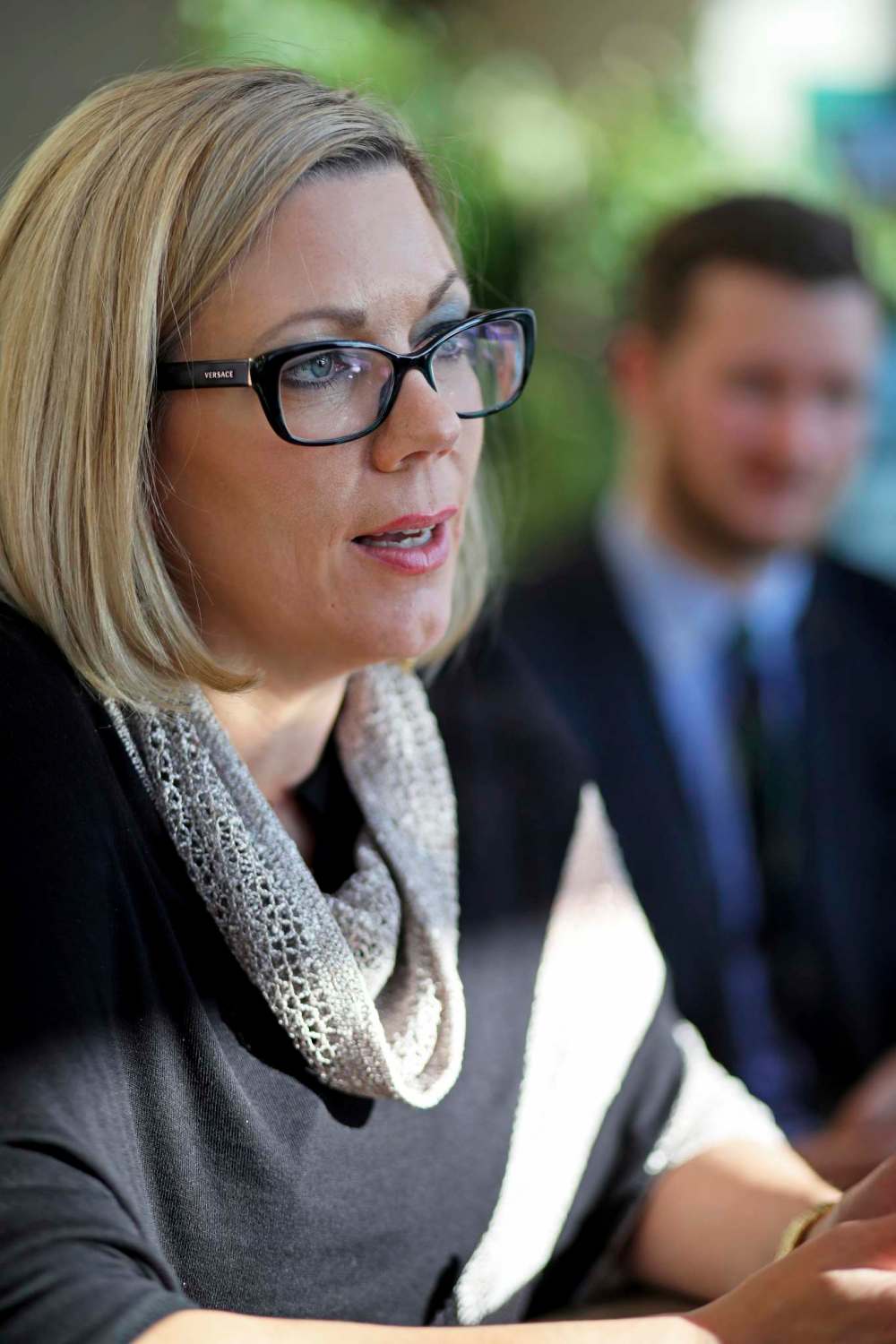Bill aims to protect Manitoba wetlands
Advertisement
Read this article for free:
or
Already have an account? Log in here »
To continue reading, please subscribe:
Monthly Digital Subscription
$1 per week for 24 weeks*
- Enjoy unlimited reading on winnipegfreepress.com
- Read the E-Edition, our digital replica newspaper
- Access News Break, our award-winning app
- Play interactive puzzles
*Billed as $4.00 plus GST every four weeks. After 24 weeks, price increases to the regular rate of $19.95 plus GST every four weeks. Offer available to new and qualified returning subscribers only. Cancel any time.
Monthly Digital Subscription
$4.99/week*
- Enjoy unlimited reading on winnipegfreepress.com
- Read the E-Edition, our digital replica newspaper
- Access News Break, our award-winning app
- Play interactive puzzles
*Billed as $19.95 plus GST every four weeks. Cancel any time.
To continue reading, please subscribe:
Add Free Press access to your Brandon Sun subscription for only an additional
$1 for the first 4 weeks*
*Your next subscription payment will increase by $1.00 and you will be charged $16.99 plus GST for four weeks. After four weeks, your payment will increase to $23.99 plus GST every four weeks.
Read unlimited articles for free today:
or
Already have an account? Log in here »
Hey there, time traveller!
This article was published 30/11/2017 (2977 days ago), so information in it may no longer be current.
Anyone who illegally drains wetlands or erects an illegal dyke could soon face enormously increased fines.
Sustainable Development Minister Rochelle Squires tabled legislation Thursday she promised would bring enhanced protection to Manitoba’s wetlands.
“We want to make sure there is no illegal drainage in the province,” said Squires about the Sustainable Watersheds Act.

The point of the bill is to move water more smoothly through rural Manitoba, but there will be big fines to back up the legislation, she said. Fines against corporations increase from $25,000 to $500,000, and against individuals from $10,000 to $50,000.
If a wetland needs to be drained legally, means must be found to offset that by creating new wetland, Squires said, acknowledging most Manitobans are law-abiding and she doesn’t expect to see many large fines imposed.
“It is about getting our house in order,” she said.
Bill 7 notes a co-ordinated approach that includes local municipalities promotes the health and sustainability of watersheds. Cabinet would be able to set nutrient targets for specific areas, and could order any additional work necessary to protect wetlands during drainage projects.
Squires explained wetlands absorb nutrients and help the province achieve its goals of reducing emissions.
“Wetlands are the kidneys of our watershed,” she said.
NDP leader Wab Kinew said the opposition is on-side with the bill, since it pretty much duplicates legislation the former NDP government drew up but never got around to passing.
“It’s important we protect the wetlands and the downstream impact, the effect on Lake Winnipeg,” Kinew said.
Nevertheless, he’s concerned that the bill will not schedule the first nutrient count throughout Manitoba until after the next election in 2020.
Keystone Agricultural Producers president Dan Mazier said Squires is bringing a holistic approach to the health of wetlands.
“It brings everyone together,” Mazier said.
KAP is not concerned about the fines, he said.
“If you’re putting a bunch of water on me, it’s costing me money.”
nick.martin@freepress.mb.ca

Nick Martin
Former Free Press reporter Nick Martin, who wrote the monthly suspense column in the books section and was prolific in his standalone reviews of mystery/thriller novels, died Oct. 15 at age 77 while on holiday in Edinburgh, Scotland.
Our newsroom depends on a growing audience of readers to power our journalism. If you are not a paid reader, please consider becoming a subscriber.
Our newsroom depends on its audience of readers to power our journalism. Thank you for your support.

